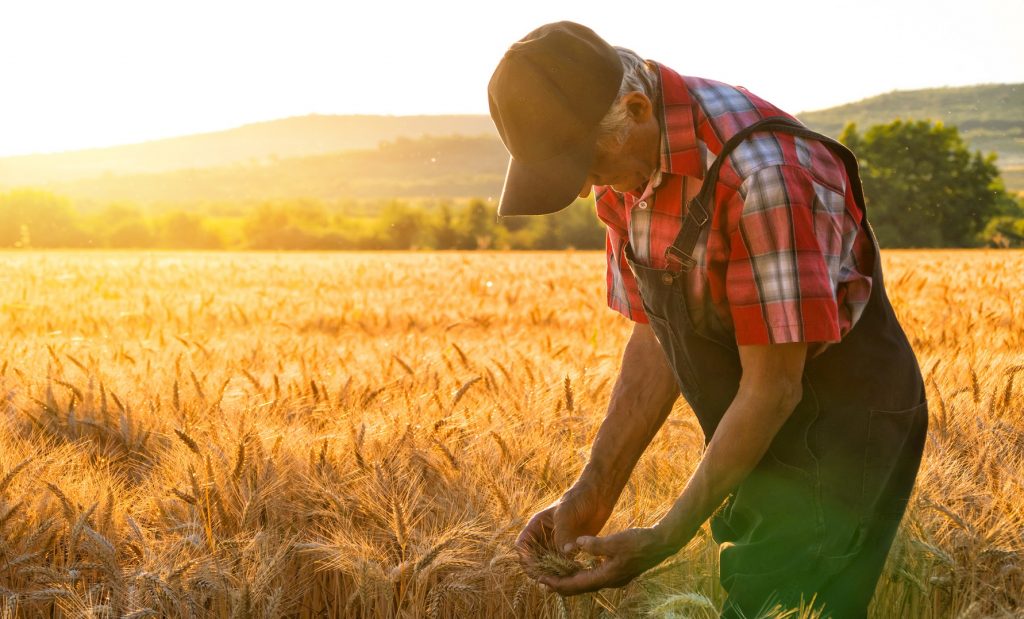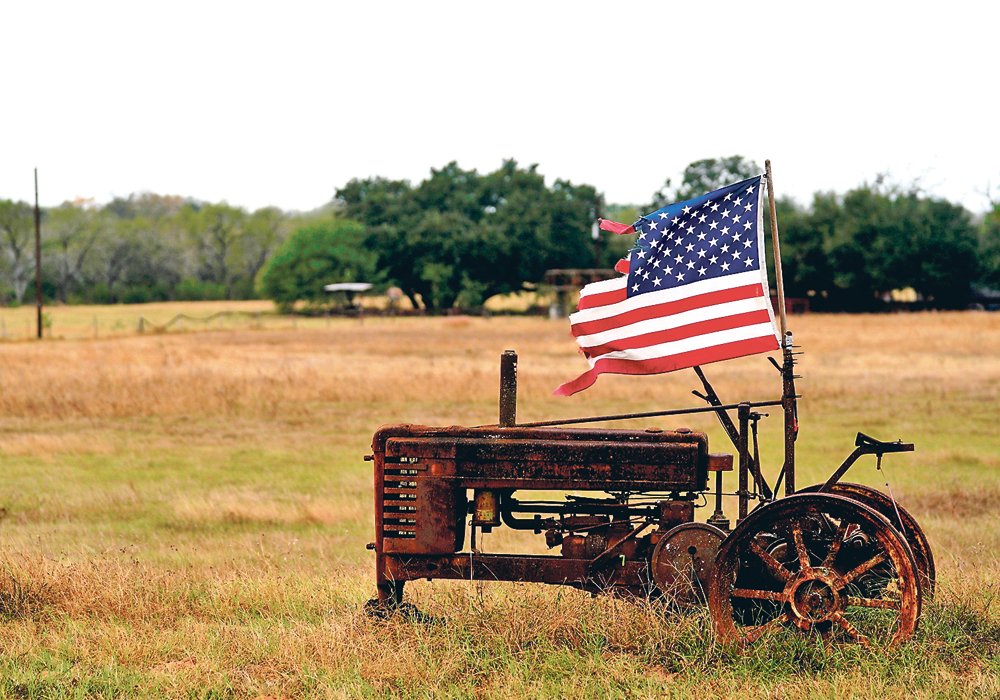U.S. farmers continue to face a number of challenges as the sector continues to suffer from a decline in demand and a deteriorating outlook. The effects of COVID-19, a pest outbreak that affected sweet potatoes, were not felt until recently, but farmers are already experiencing a loss of income because they have nowhere to send their harvested crop. They are also experiencing decreased revenue and contract cuts with processors. The impacts of COVID-19 on the industry are still not fully understood, but fortunately, the situation is improving.
US agriculture has been hampered by structural racism for years
Various laws prohibit Black and other non-white farmers from owning land or benefiting from government programs. In 1920, black farm owners made up almost one-fourth of all farms in the United States. Since then, their numbers have continued to decrease due to economic disenfranchisement. Despite this, black farmers have fought against USDA’s discriminatory lending practices. They have successfully won some of the largest class-action settlements in history, but most never received any monetary compensation. Despite the recent victory, many Black farmers remain marginalized and disadvantaged.

The future of US farming is dependent on a just transition for agriculture and removing the systems of inequality that harm farmers and the environment. With the aging farm population, racial and ethnic disparities in access to healthy food and increased consumer demand, US farms must be reimagined to provide for the needs of all citizens, while also ensuring the viability of their industry. We need to make our food system sustainable and equitable for all, and that means addressing the threats to US agriculture and affluence.
The future of US agriculture depends on dismantling existing systems of inequality and creating a just transition for farmers. While the US agricultural sector is highly important to our domestic food supply, the current system relies on industrialization and monocropping, which harms waterways, air quality, and generates greenhouse gases. In addition, the animal production system is especially harmful because of widespread animal welfare abuses and environmental damage. In the short-term, it is important to invest in sustainable and resilient farming practices.
During the past century, US farmers have faced several challenges
They have been forced to deal with an aging farm population, climate change, and persistent disparities in access to healthy food. As a result, they have had to adapt to unsustainable food systems and have to address a number of critical vulnerabilities. Ultimately, the future of US farming depends on a just transition for agriculture and the dismantling of systems of inequality.
US farmers are an important part of the economy and are vital to our domestic food supply. However, their work is undermined by a deteriorating food system and an aging farm population. In addition, aging farm populations face multiple challenges, including lack of resources and access to healthy foods. The United States agricultural sector relies on monocropping, industrialization, and human injustice to achieve this. All of these challenges must be addressed to create a sustainable and just future for US farming.

